
Determination and perseverance are words that are synonymous with Brian Paonessa’s life. From his work in the fitness industry to transitioning into the medical field, Paonessa has overcome whatever challenges came his way. After excelling as a registered nurse at Las Vegas’s Mountain View Hospital, Paonessa is taking on a new challenge with his company FFN (Fit, Functional Nurses), ensuring nurses and frontline workers get the appreciation and acknowledgment they deserve as the new American heroes.
Paonessa talks to us about some of his goals with FFN, some of the hardships of nurses and frontline workers during the pandemic, and the importance of inspiring a new generation of first responders.
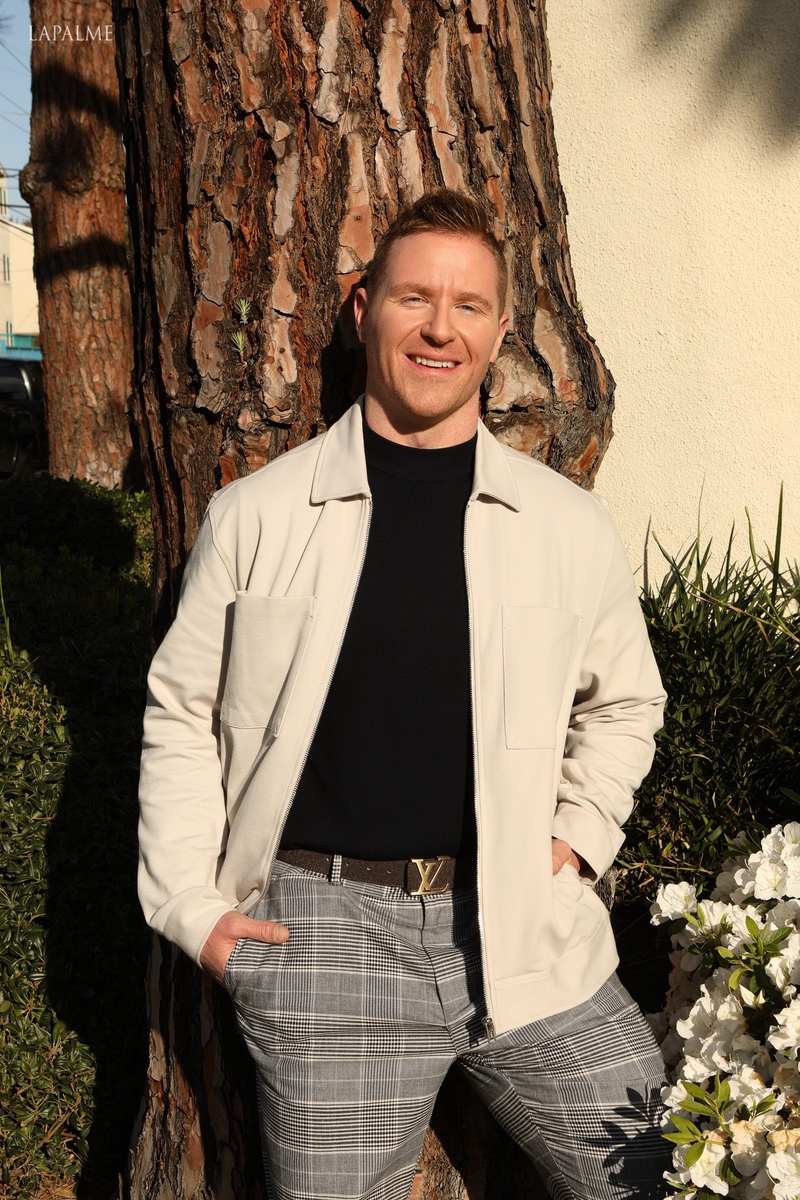
Your new company is named FFN: Fit, Functional Nurses. What does that name mean to you? Honestly, it represents how I view nurses and the nursing field. Fitness to me is being mentally and physically strong. If you have those two components in balance you are pretty much unstoppable! I believe that it doesn’t matter what a nurse looks like on the outside; if you can be on your feet constantly moving 8, 10, 12, or 14+ hours a day, go long durations without taking a break, and some days not eat lunch because you are so busy, then you are pretty fit in my mind. The physical component is a very important part of a nurse’s life, but it’s the mental side of fitness that really challenges individuals.
Here is a common situation that many nurses experience on a day-to-day basis: a nurse must be able to control their emotions in stressful situations. Nurses must have the mindset to be able to multitask and prioritize care based on what they see at a moment’s notice. For example, while the phone is ringing, coworkers are asking questions while also waiting for a very important call from the lab. Patients are yelling because they are in pain, yet nurses are still waiting to hear back from the doctor for another patient to be discharged. Then your manager starts asking you why something was not done about a situation that happened last week. With all of this happening, they are still trying to process what’s going on in the present moment.
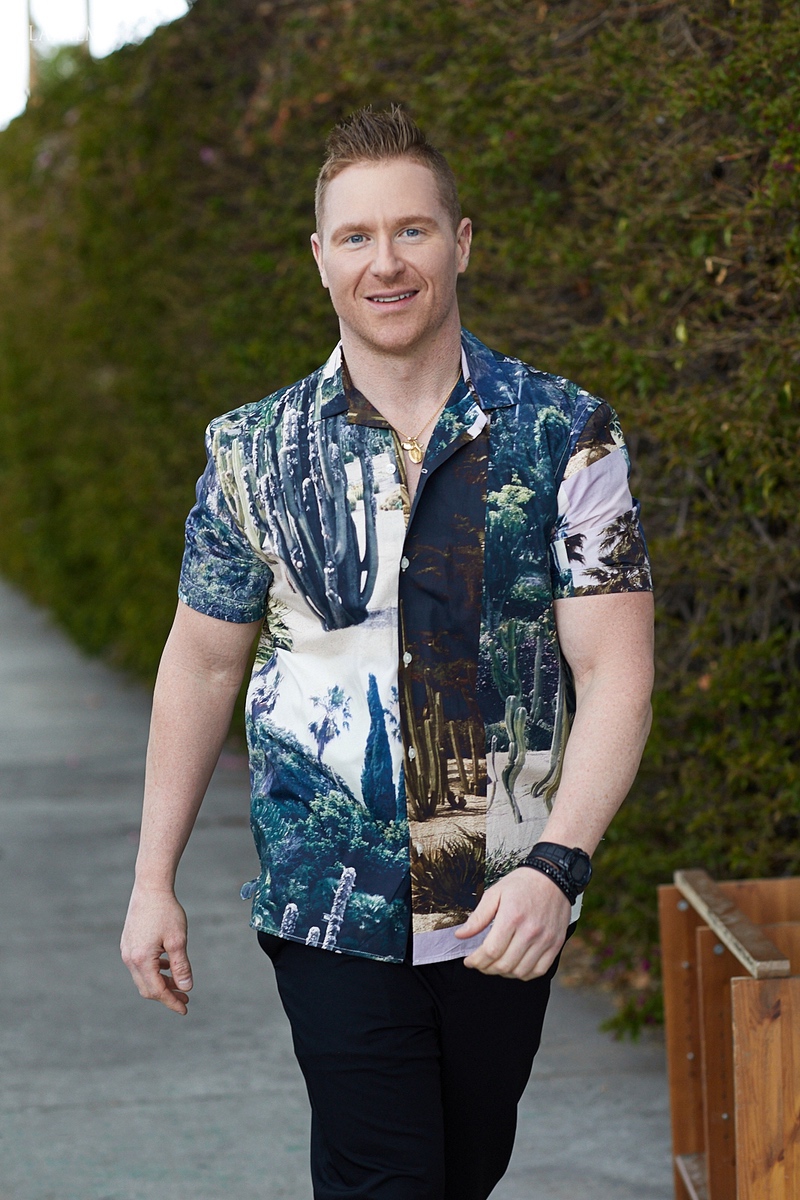
Nurses who are able to handle this type of situation on a day-to-day basis need to be very strong mentally and physically. For those nurses who handle these situations with ease, I think your fitness level is much greater than the average person’s level.
I have always wanted to be known as a guy who can do anything my whole life. At a moment’s notice I am able to cycle 100 miles, run/hike for hours, swim, lift weights, golf, push trucks, cut down trees, or anything that comes my way. To me, being able to be functional in all areas of life is one of the best ways to live! Being able to adapt to stressful, physical situations is a huge part of everyday functionality. As nurses, we put our bodies in so many different positions throughout the day—it’s crazy! Whether it’s cleaning a bed, lifting a patient, putting an IV in at a crazy angle with a patient who is afraid of needles, or emptying catheter bags, the list of requirements for nurses goes on and on. It’s always changing and that’s why we need to be fit, functional nurses!
It is very important to understand that nurses represent the foundation of any hospital. If you have great nurses, you will have amazing patient outcomes. Nurses are the eyes and ears of the hospital or doctor’s office. Most of their time working is spent with patients, and great nurses make patients feel comfortable in uncomfortable situations. It is because of these uncomfortable situations that I have realized the importance of communication. For example, if a patient is upset about the care that they received or not received from the doctor, it is important for the nurse to provide compassion to the patient. In a situation where the patient was upset, I would talk to the patient and say, “Look, I get it. I would be upset as well. I want you to know that I am doing everything in my power to provide the best care for you and I am working to make the situation as smooth as possible.”
What many people don’t realize about life is that we live our lives with 100% total control. We make decisions for ourselves based on what we want to do and when we want to do it, but in the hospital and medical world, all of that control is taken away. Patients have no control. Patients are always waiting on doctors, managers, and nurses. They are trusting others to do what is necessary, in hopes of being provided the most optimal care. Meanwhile, the patient feels isolated mainly because they don’t know what’s going on. This is where the nurse steps in to keep the patient/family in the loop at all times. The best nurses I’ve seen have the best interpersonal communication skills. They know how to talk/relate to people. It’s mirroring the patient’s tone and having a face-to-face conversation with them. It’s almost like a nurse and patient friendship if you will. Getting to know your patients should be the first goal. It is the most important thing that you can do as a nurse. Some of the questions that I use to earn a patient’s trust are: Where is the patient from? What do they do or what have they done career-wise? Are they married? Do they have children? Where do they live now in proximity to the hospital? Why did they come into the hospital? How do they feel today? Do they have questions for me? In my experience, these things lay down the foundation of a great nurse-patient relationship. As a nurse, you need to be a great listener. Taking your time to get to know your patients is the key to positive patient outcome.
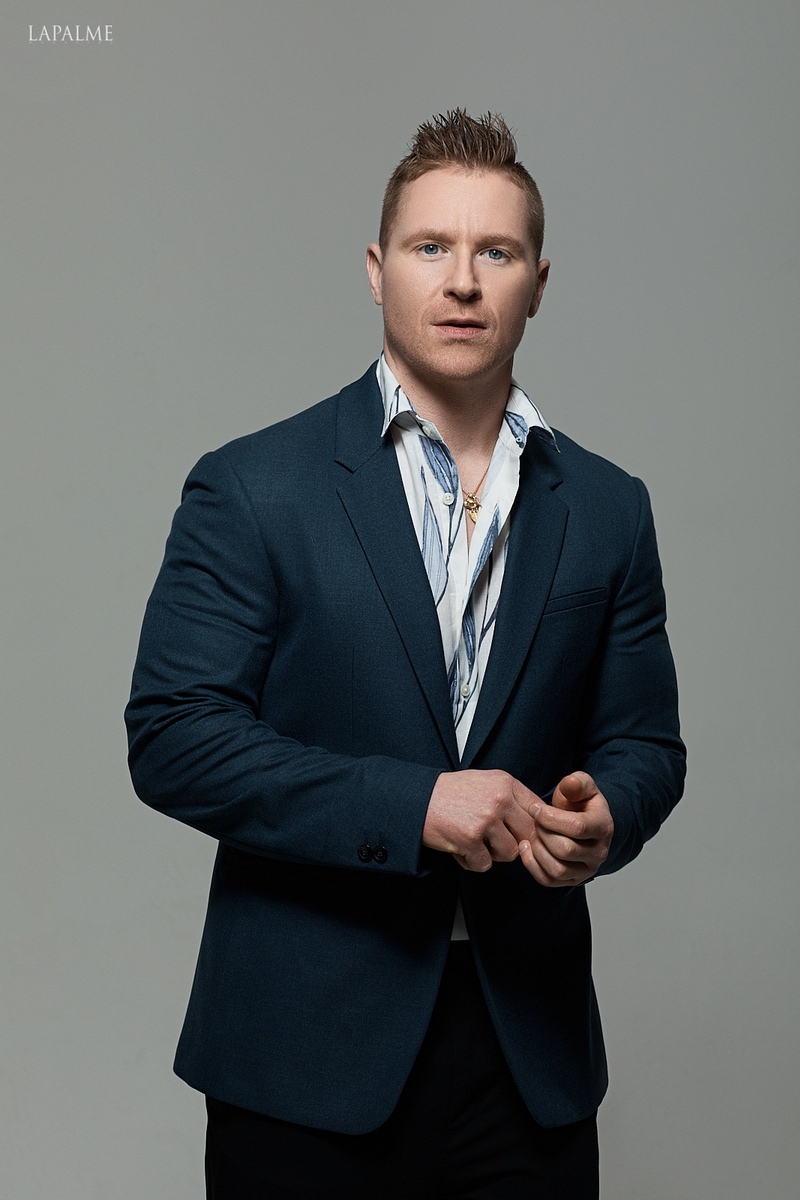
How long have you been a nurse and what was the catalyst to make you go to school? How much training does it involve? I’ve been a nurse for six years now. Funny story, I was actually working as a health and fitness specialist in New York City in a corporate wellness center. I can still remember it like it was yesterday. I was sitting in the wellness center around 2:30-2:45ish and nobody was exercising at the time. The Price is Right was on the TV, And I was thinking to myself, there has to be something more for me in this world.
At that time, I had a bachelor’s degree in health and wellness, and I have always been intrigued by athletic performance. Over the years I’ve learned characteristics that have shaped my life, such as being disciplined, dedicated, and determined to accomplish anything I set my mind to. At that moment, I decided I was going to go to nursing school to become a nurse! My mind was instantly made up. I had no other choice but to take a leap of faith. And now I’m here talking to you! It’s amazing how sometimes in life you have to go backwards in order to go forwards, which can be very difficult, but you learn about yourself and your character. I’ll be the first one to admit nursing school was not easy for me. I had an extensive background in anatomy and physiology, but I had to start all over again.
In order for you to become a nurse, you have to earn an associate’s degree. The training that you learn from your instructors/teachers is very, very strict. I didn’t realize the need for school to be so tedious at the time but now it makes sense. As a student, you must be humbled first. It’s learning from your professor’s way and not your way. And for some, it’s very hard to do. It reminds me of when I first started lifting weights and going to the gym. The mentality of leaving your ego at the door and being open to the fact that people are bigger, stronger, and flat out better than you—that’s the way I felt when I first started nursing school.
There are three big components for nursing school. Number 1: Learning the information that is presented in lectures and books. Number 2: Learning the skills necessary to be able to perform in the hospital/real-life situations. Number 3: Study, study, study, and study some more!
There is so much talk about frontline workers, and you have all become the heroes of the pandemic. Tell us some hardships you went through during the pandemic. The hardest part for me was keeping people calm and having the patience to understand other people’s perspectives. I found myself trying not to overreact and always trying to stay positive, even though many of my friends and coworkers were being diagnosed with the COVID-19 virus. I’m not going to lie, there were times where I felt a little uneasy due to the unknown side effects of the virus. I had my family in town and my parents, who are a little older now, were staying with me while I was working countless hours of overtime directly with COVID-19 patients. Twelve-plus hours in direct contact with seven or eight COVID patients in one room in the ER was not the ideal place for me, especially because of my parents staying with me and also my newborn niece. I think that’s what scared me the most. It was not me getting the virus, but I was very worried that I was going to give it to my parents or family. I thank God every day that didn’t happen and my family and I stayed healthy. I remember working in the ER with my N95 mask basically tearing the skin off the bridge of my nose having the mask on so tight, trying to protect myself.
How has the attitude changed from the initial panic of the onset of the pandemic until now? Do you think people are becoming more conscious of their health and wellness? People want to get back to the way they were normally living before the pandemic. They don’t want to wear masks anymore; they want to visit with friends and family without fear. Many want to enjoy all the great aspects of life that are available in our great country. Now that the vaccine is available, many people aren’t as afraid to travel anymore. I believe that people are just tired of being isolated and frankly, I can’t blame them. I hope that people will become more conscious of their health and wellness, now that we are starting to return to normal. It has been a very difficult year, and there are many reasons to be concerned for people’s mental and physical health.
I’m a huge advocate of getting back to the basics. Simple things like washing your hands after you use the restroom, covering your mouth when you cough or sneeze. Cleaning your house, vacuuming, washing your floors, dusting, and eating nutritious foods that will help your body stay healthy are all things that everyone should do to remain healthy and reduce the risks of getting sick. When your house is not clean, the air stays stagnant and it does not circulate fresh air through the rest of your house, which leads to potential health problems. This is why many people who stayed home and did not go out were still exposed to COVID.
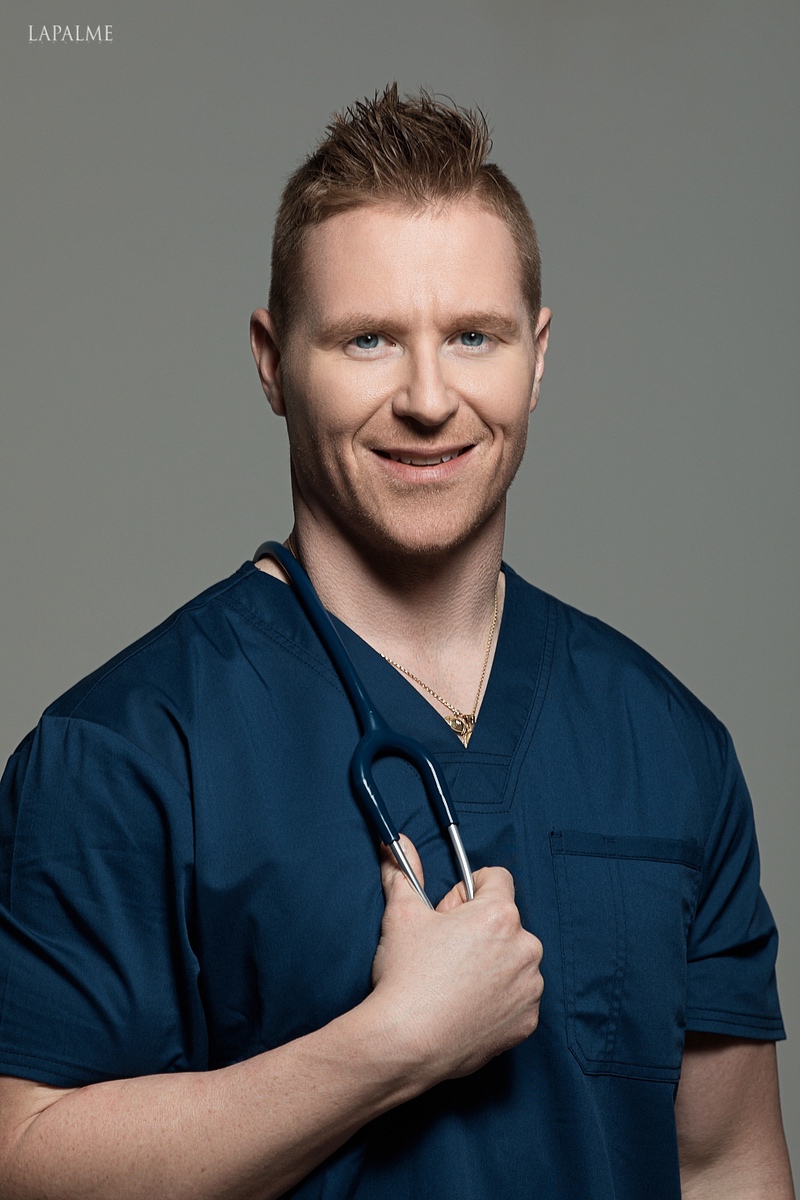
Nutrition, rest, and hygiene are very vital aspects of health as well. When you put whole, nutritious foods in your body and you have the right amount of vitamins and minerals, the odds of you getting sick are much less. Getting adequate rest is essential. When you need a break, take it. Sleep is so important to function at a high level. It reduces stress, improves memory, restores energy levels, and fights disease. Brushing your teeth and keeping the bacteria in your mouth to a minimum is often overlooked but so very important! Oral hygiene is a very important aspect of personal health! If you don’t have proper oral hygiene, where do you think that bacteria in your mouth goes when you swallow? Your throat, your esophagus, and your stomach. This can lead to illness or further problems that could have easily been prevented by paying more attention to your oral health. Again, this is my professional opinion. I hope and pray people start to look at themselves and really try to improve their overall health and wellness for their future.
What has happened to the nursing industry to make you want to start your new company? As one of the hardest working nurses in the hospital, I have noticed that there is not much incentive anymore besides a paycheck—and it’s a shame. When you put the facts on the table, I’m just another nurse, working hard, making sacrifices for my patients. I became very tired of putting work first and becoming more frustrated and exhausted. The last six years of my life have changed me, and deep down I’m not happy with the person I’ve become. Even though the quality of care that I have provided to my patients has been undeniably outstanding, I have realized that these long hours and stressful working conditions have hurt a lot of people in my personal life.
Nurses put so much into working, caring, and thinking about their patients that they have nothing left to give back to the ones that care about them the most. It’s very disheartening to think that I would care so much more for my patients who I didn’t even know that well than my own girlfriend or family. I can’t change the past, but I want them to know that I am deeply sorry for the pain I’ve caused them. I have taken a good look at myself in the mirror and realized the only way I can prevent this from continuing in the future is to learn from it. My goal is to help other nurses recognize that work will always be there and that the people who love them deserve their time and energy. Nurses and individuals should not live to work; rather, they should work to live and at the same time enjoy what life has to offer. This has motivated me to take my talents above and beyond the hospital setting. I thoroughly believe that nurses deserve more and it’s my personal responsibility to make that happen!
What are some of the goals for FFN? The first goal is to give back to the community of Las Vegas! I am originally from Niagara Falls, New York, but now I’m very proud to consider myself a local here in Las Vegas, Nevada. We as nurses have been very fortunate over the last year and a half to be able to work as much as we did while others were unemployed and businesses were closed. Just like the rest of the population, we want to have social interaction again. We want to go out to restaurants, experience new attractions, go to happy hours to socialize with family and friends, and start living the best life possible again!
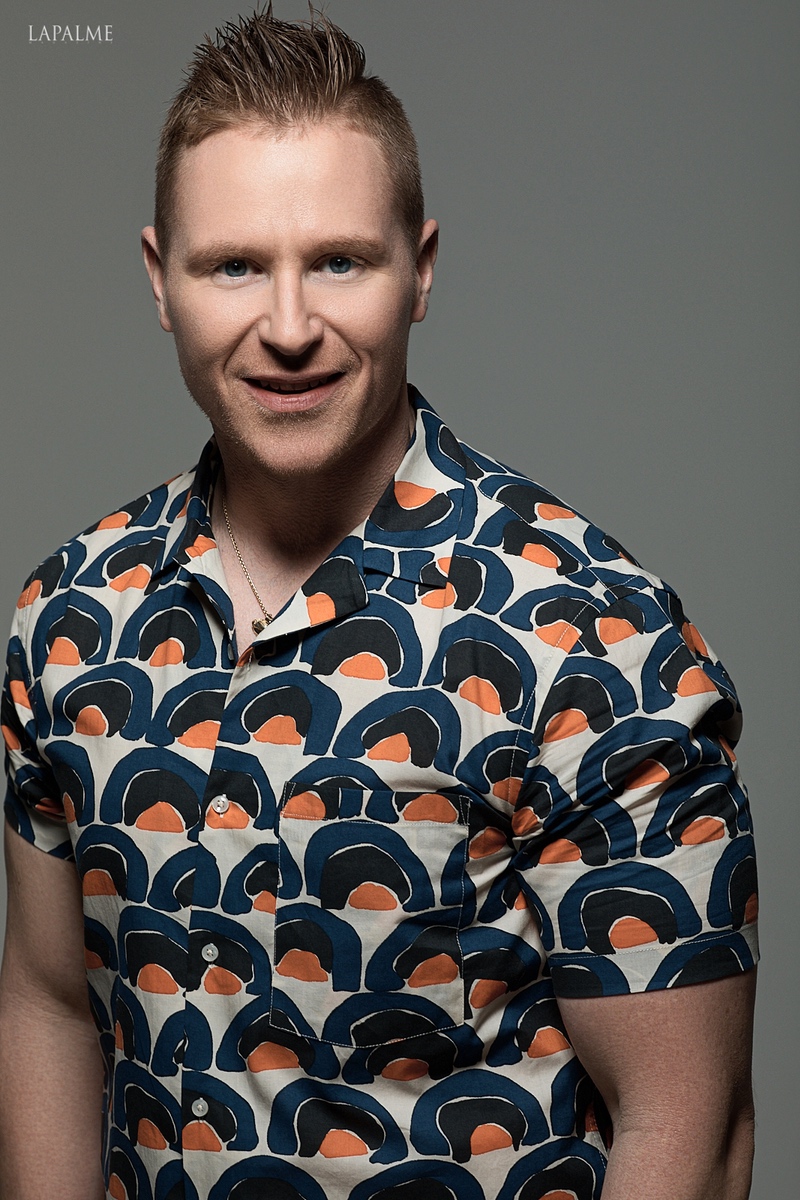
The second goal: Becoming a nurse advocate! FFN is all about giving back to nurses and incentivizing them for all the hard work and dedication they provide. Wholeheartedly, I cannot stress this fact enough, I respect teachers, policemen and women, firefighters, and especially our military and active duty service members. I believe nurses deserve to be recognized at the same level as these other professions. While nurses are continuing to care for their patients, it is my responsibility to go out and work for the nurses. I am motivated to find new discounts and benefits at restaurants, local attractions, travel destinations, and anything else that may be of interest because they deserve it! Nurses deserve the recognitions, and opportunities to be thanked because it is one of the best professions that one can have—and FFN is going to prove just how rewarding it is!
As a nurse and a frontline worker, you have become an inspiration for many people. You have been quoted as wanting to promote the industry to young people. What are your plans for career and industry growth? It all starts with a positive role model. Kids these days need it more than ever; they need direction, support, motivation, and love. All of those can come from FFN with face-to-face interactions. It can come from those who are actually in the field working. It is my hope that FFN can provide career guidance and direction.
A long-term goal is to recruit students into the health field to become nurses. Kids these days need motivation, guidance, and support for their lives. I remember when I was in high school and I had members of the military come into my high school and talk with my friends and me about enlisting. I was too much into sports at the time to even consider it, but that was the only option that I had at the time. If I would have known at a young age about the possibilities in the medical field or have an opportunity to speak with a nurse, especially a male nurse regarding what I could do with my life and what career path I could choose, I might have made the decision to become a nurse sooner. This is one of the many goals that FFN is going to work towards. I want to show our youth that there are many careers in the health field that need hard-working, dedicated individuals. I believe that young kids need to understand that it is not necessarily how smart they are—it’s about having solid communication and people skills, and a strong work ethic. Students can start learning about anatomy, physiology, and the field of nursing and applying it to their everyday lives. Kids need to see that the opportunities are endless. Instead of working jobs at the mall or fast food places out of high school, they can work in the hospital setting and work towards getting a degree in nursing. They can make much better money and actually do something in their lives that has a solid impact on the community.
What can patients, friends, and family do to make a nurse’s life easier and more efficient at the hospital? I guess that’s different for everybody. As far as myself, when I get home from work I need time to decompress. That’s just me. It’s important that family and friends understand that there are good days and bad days, like in every profession. But in the nursing world, it is ten times different. Nurses deal with more than just their boss and colleagues: They have learned to cope with the loss of life and the many unknown situations that could change at a moment’s notice with someone’s health and well-being at stake.
What do you think hospitals and health care organizations can do to assist in making the workplace easier and more fulfilling? It’s simple: give back to the nurses that represent the hospitals. Nurses are the backbone of any organization—it’s not rocket science. Nurses spend most—if not all—of their time with patients and their families. Instead of CEOs getting huge bonuses at the end of the year, how about having a holiday party for your employees? It is the simple fact of recognizing how difficult it is to be a nurse. What they go through day in and day out. Give us some credit more often than not. Don’t downgrade your employees for trying to go above and beyond for their patients. Instead of hospitals implementing programs to change the way nurses care for their patients, they should implement programs that show the value of great nursing!
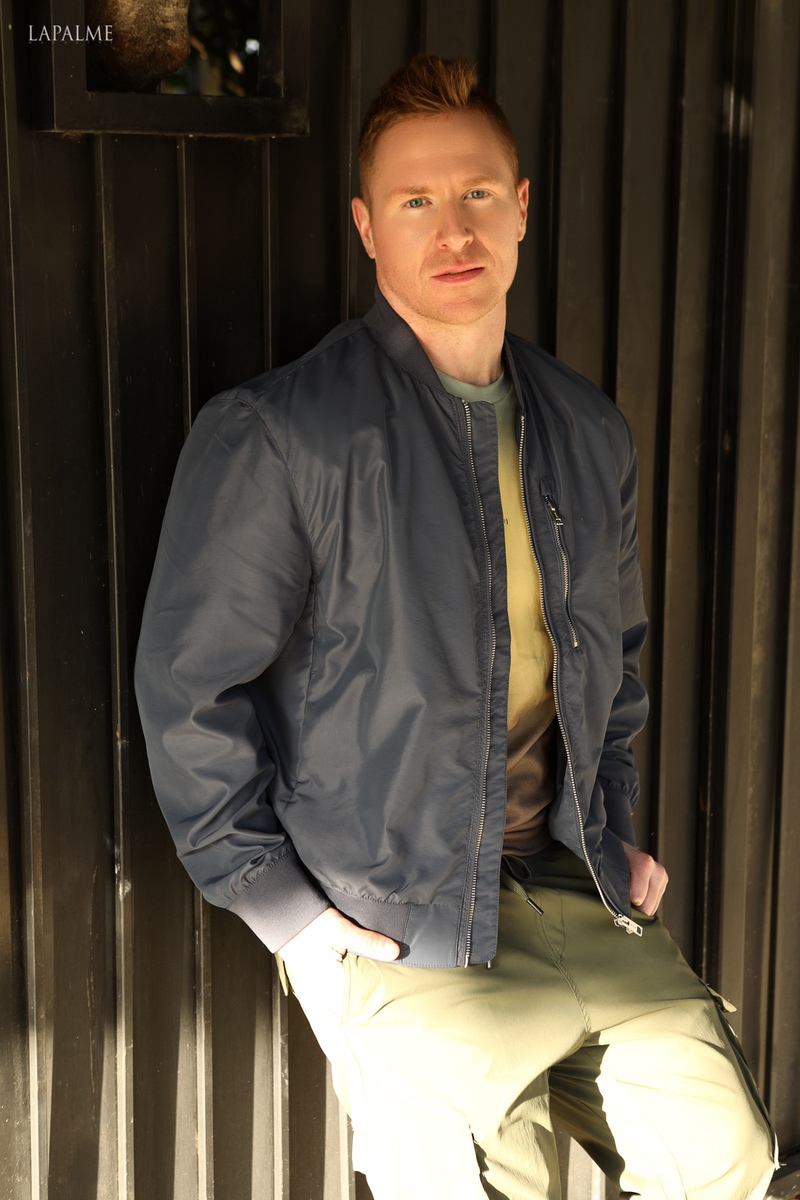
Thank you from LAPALME MAGAZINE for all of your service and your life’s work. What is a final point you want to drive home to our readers? The biggest thing that I can say is this: the COVID-19 pandemic has shed light on how important nurses are in the community. Now, more than ever, it’s time to realize that the real American hero for 2021 is the nurse! At FFN, we are committed to building relationships within the community to support and recognize nurses for all they have done and continue to do. When this pandemic finally is resolved, and life goes back to normal, the flame that the first responders have provided is still burning and will be seen as the light that never fades in the future!
- Newport Beach’s Hottest New Event Venue, Opened July 13. - July 23, 2024
- MINNOW AT THE CROWS NEST - July 2, 2024
- *NSYNC’s Chris Kirkpatrick and MTV’s Brian McFayden, Launch Season 2 of Hit Podcast, “Name Drop.” - June 22, 2024
